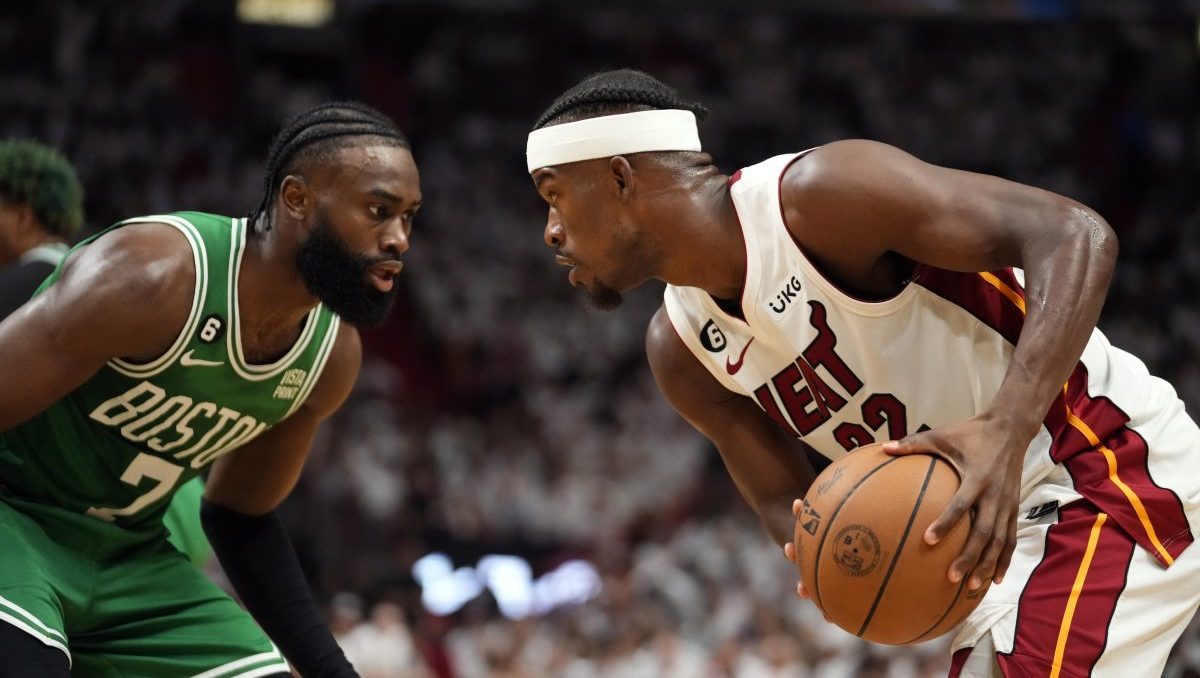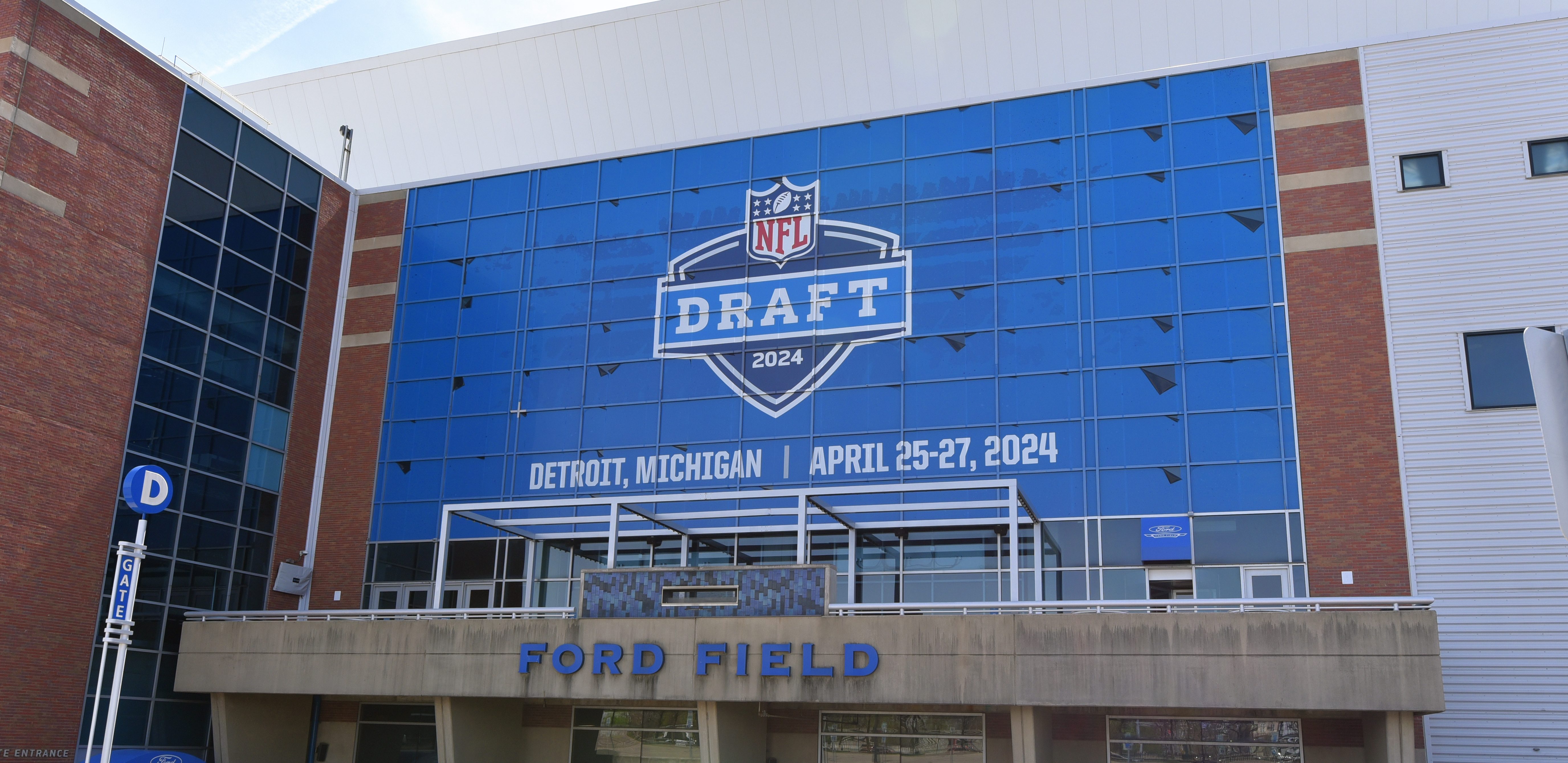For all of you football fanatics out there, the sacking and the tackling are what make for an exciting game, be it in the upcoming Super Bowl or in the backyard with your buddies, grasping cans of steely beers.
Despite the exhilaration, experts are warning athletes across the board that even the most resilient, strongest of players can incur one thing by way of rough play: a concussion.
What, specifically, does the term "concussion" mean?
The term generally evokes images of a player being sacked, flying 10 feet in the air and losing consciousness. And while imagery may define a general understanding of the injury, it doesn’t get at the heart of what a concussion really means -- even more so, how it affects the brain.
Robert Harbaugh, M.D., director of the Penn State Hershey Neuroscience Institute, acknowledges this deficit of information and is currently working with a team of specialists to develop a prospective database as member of the NFL Head, Neck and Spine Committee. The committee is currently in the midst of constructing a system designed to better analyze how concussions occur as well as associated effects.
In the past, experts defined the occurrence of a concussion with loss of consciousness, paired with bouts of amnesia and an array of other symptoms like dizziness, headache and difficulty concentrating. Nowadays, studies and current data are showing that concussions can occur when players are conscious and, oftentimes, that they’re expressive of only mild symptoms like headaches alone.
“The problem with sports is there are a lot of concussive episodes where someone’s not really knocked out, but they’ve taken a blow to the head and aren’t functioning completely normally,” said Dr. Harbaugh.
Sports
So how do levels of linear acceleration and g-force impact the severity of concussions? Why is it that one person with head trauma develops neurological and degenerative dysfunctioning like chronic traumatic encephalopathy, while 10 others don’t? Can the effects of subconcussions add up?
As Dr. Harbaugh explains, those are exactly the answers that he and his committee are working to solve in an attempt to make football safer. In particular, the committee is currently pinpointing the effects of acute and long-term neurological injury as well as the wide range of symptoms inclusive of concussions.
Part of the goal of the committee is also to collect data over the span of an NFL player’s career to learn how it all correlates with neurological functioning.
Still, relevant yet unanswered questions remain: How does genetic makeup factor into risk of obtaining a concussion? How does body habitus and other medical issues increase threat?
“What we don’t have yet is a clear picture of exactly what leads to long term [damage]. Maybe it’s a blow to the body that even results in neurological dysfunction. General outlines are to collect a lot of data at the start of players’ NFL careers and throughout their years in league and try to follow players long term,” said Dr. Harbaugh. “Imaging studies, neurological [and] psychological testing, general medical review, genetic analysis…anything to get a complete picture.”
Even though specialists aren’t sure about the logistics pertaining to concussions, they do agree on this: get to a doctor if you’ve experienced a forceful hit to the head. More often than not, a doctor will image the brain with a CT or MRI to rule out internal bleeding or skull fracture and advise a patient to rest, both physically and even mentally.
“If I see a high school football player who had neurological imaging studies, if everything looks OK, then that person would really be instructed to take it easy, not even to engage in vigorous mental exercise much less physical exercise,” said Dr. Harbaugh.
What’s the best preventative measure to take while participating in sports then?
According to Dr. Harbaugh, that would be abstaining from football all together. (Clearly, though, this not an option -- I mean, try telling that to Brian Orakpo.)
The next?
Don’t use your head as a weapon while playing on the field with your buddies.
“The way to protect against concussive injuries is to try to protect against that of angular acceleration to the head,” Dr. Harbaugh said. (In non-medical speak, he explains that this means, “not to use your head as a weapon when blocking.”)
That all being said, football fans -- the next time you find yourself contemplating, “Gee whiz, should I try to tackle Big Billy with a head-on attack?”
Er -- don’t.
Use your head and, in good health, think again.



